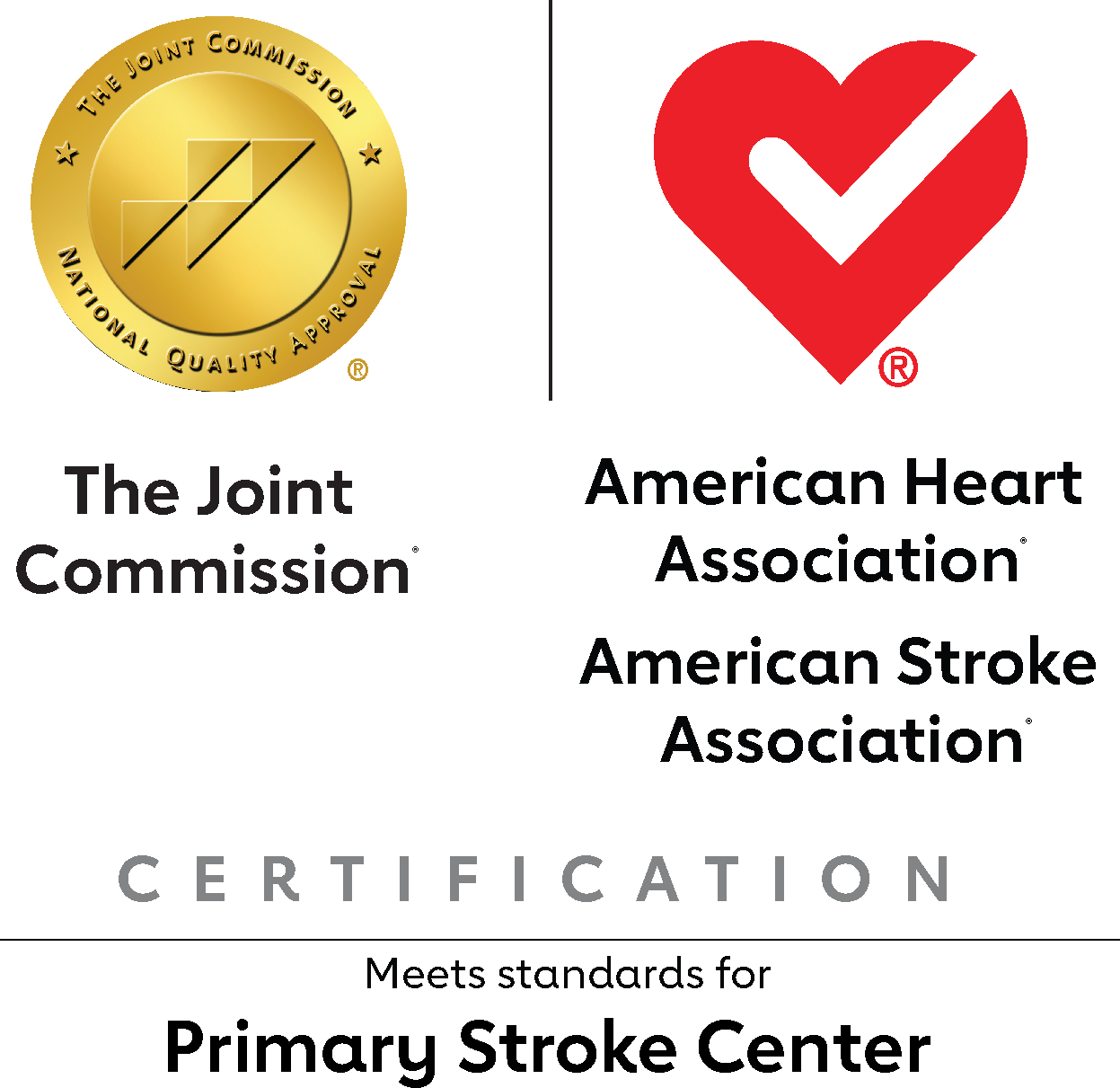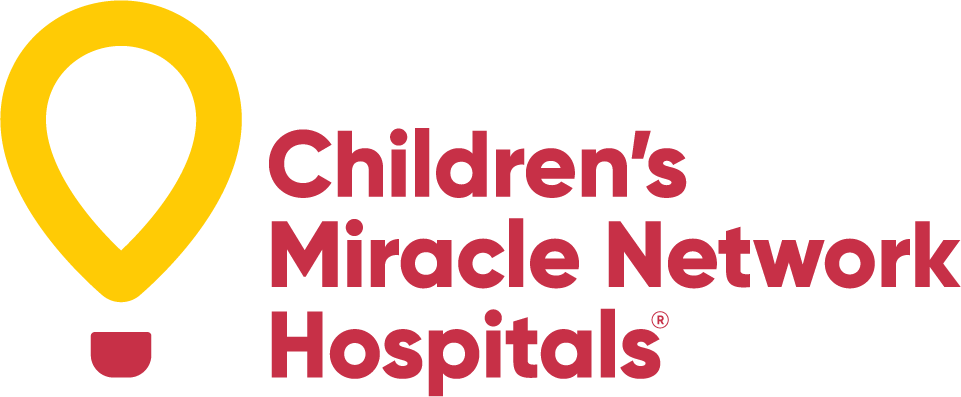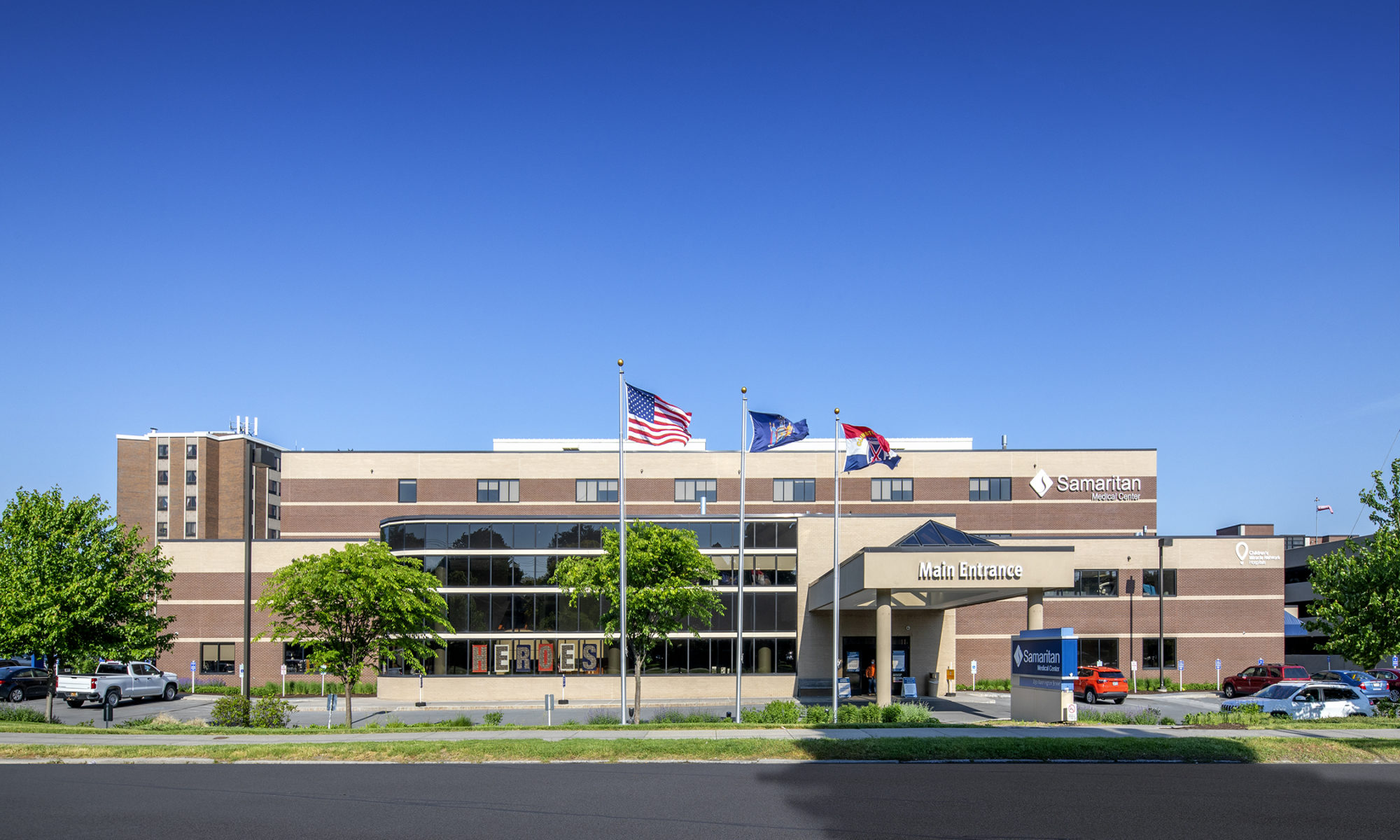Samaritan Medical
Center has earned The Joint Commission’s Gold Seal of Approval® for Primary
Stroke Center Certification by demonstrating continuous compliance with its
performance standards. The Gold Seal is a symbol of quality that reflects a
health care organization’s commitment to providing safe and quality patient
care.
The certification
recognizes health care organizations that provide clinical programs across the
continuum of stroke care. The
certification evaluates how organizations use clinical outcomes and performance
measures to identify opportunities to improve care, as well as to educate and
prepare patients and their caregivers for discharge.
Samaritan Medical
Center underwent a rigorous onsite review in November 2019. During the visit, a
Joint Commission reviewer evaluated compliance with related certification including:
specific stroke core measures, program management through Get with the Guidelines, and delivering and facilitating clinical
stroke care. Joint Commission standards
are developed in consultation with health care experts and providers,
measurement experts, and patients. The reviewers also conducted onsite
observations and interviews.
“Primary Stroke
Center Certification recognizes health care organizations committed to
fostering continuous quality improvement in patient safety and quality of
care,” says Mark Pelletier, RN, MS, chief operating officer, Accreditation and
Certification Operations, and chief nursing executive, The Joint Commission.
“We commend Samaritan Medical Center for using certification to reduce
variation in its clinical processes and to strengthen its program structure and
management framework for stroke patients.”
“A stroke is a medical emergency that needs a quality team
to identify, assess and begin treatment to help stop the damage,” states Dr.
Mario Victoria, Samaritan Medical Center Chief Medical Officer. “Reaching this
level of designation as a Primary Stroke Center from The Joint Commission is a
testament to the quality stroke care Samaritan can provide locally. The level
of detail, training and sheer determination from the clinical staff to reach
this level of designation is humbling as the Chief Medical Officer.”
Samaritan
prepared for its Primary Stroke Center Certification by taking many valuable
steps and learning from other experts in the field. Preparation included:
- Demonstrating
compliance with the set of clinical practice guidelines required. The
guidelines are specific to the care and outcomes of patients that may
experience a transient ischemic attack (TIA), cerebrovascular accident (CVA),
or a hemorrhagic stroke. This assists organizations in establishing a
consistent approach to care, reducing variation and the risk of error, along
with improving patient outcomes.
- Educating
staff in the care of the stroke patient with evidence-based guidelines.
- Developing
policy and procedures.
- Implementing
a performance improvement committee for ongoing process improvement.
- Providing
24/7 acute stroke team with ability to provide IV clot buster medication with
close monitoring from highly qualified staff.
- Establishing
collaboration with Emergency Medical Services (EMS).
- Establishing
collaboration with the State and Regional Stroke Centers.
- Committing to providing high-quality patient
care from the onset of symptoms to rehabilitation.
For more information, please visit The Joint Commission’s website.




